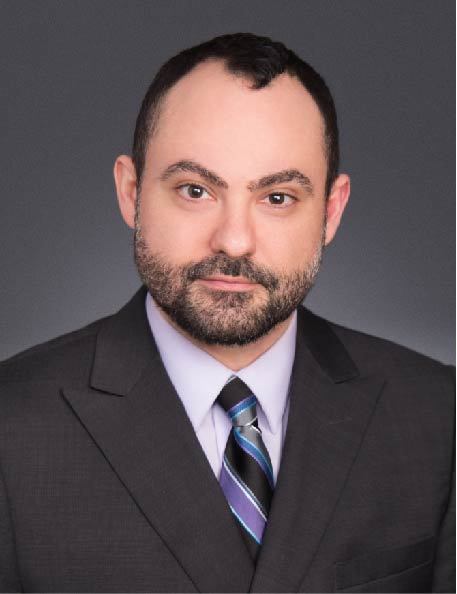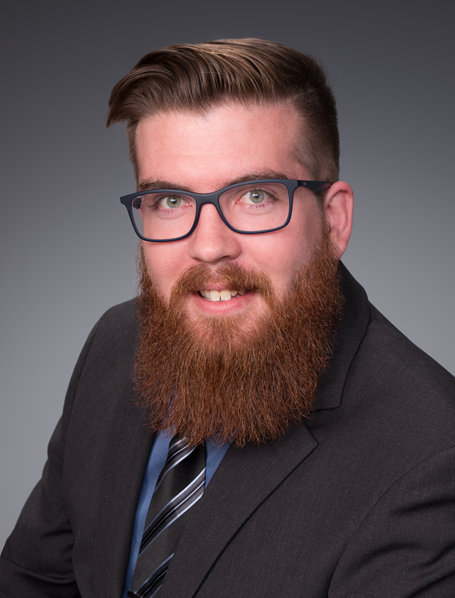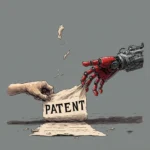
Read Applying the AFC Test Part Two as a PDF
We noted in our first blog in this series that when evidence of literal copying is non-existent, inconclusive, or particularly weak, and defendants had access to a protected work, experts can search for evidence of non-literal copying.
But in what kinds of matters is it appropriate for an expert to employ the AFC test? The AFC test applies to intellectual property suits as follows:
- Copyright (YES): The AFC test was expressly adopted for copyright matters in which one party contends that non-literal copying of computer software has occurred. An expert abstracts source code to the appropriate level, filters out non-protectable expression, and compares the remaining expressive elements of the filtered programs for substantial similarity.
- Trade Secret (MAYBE): When an allegedly misappropriated trade secret involves computer software, an expert can follow abstraction-filtration-comparison methodology similarly to the way he/she would in a copyright matter. The abstraction step remains the same, but filtration removes elements not protectable as trade secrets, such as open source code. After filtration, an expert can then compare the parts of the program remaining against the allegedly misappropriated trade secrets/
- Patent (NO): The AFC test is not applicable to patent litigation. Patent protections deal closely with explicit functionality, not with expression. The process of abstraction is not appropriate when reviewing patents, as any level of abstraction removes the specificity required for patent claim and/or specification comparison and analysis.
The AFC test, as variously promulgated by several District Courts, is an accepted method for determining whether indirect or non-literal copying has occurred in intellectual property matters involving copyrights and trade secrets, but it is not used for matters concerned with patents. Read the next installment in our “Applying the AFC Test” series: “What the AFC Test Reveals.”
Josh Siegel
Josh Siegel has substantial experience analyzing copyright, patent, and trade secret cl…
T.J. Wolf
Since joining DisputeSoft in 2016, T.J. Wolf has consulted for clients on a variety of…






